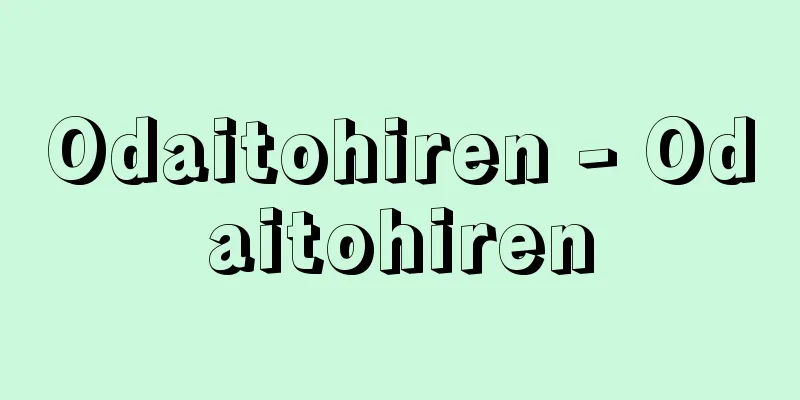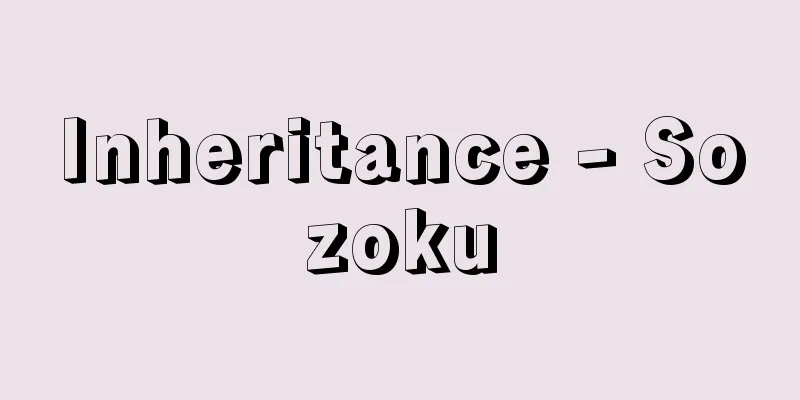Shortwave broadcasting - tampahoso (English spelling) short-wave broadcasting

|
Audio broadcasting using shortwave radio waves in the 3-30 MHz band. Shortwave radio waves are reflected by the ionosphere (F layer) located 200-400 km above the ground, and can reach distances of 3,000-4,000 km. They can also be reflected between the Earth's surface and the ionosphere, reaching the other side of the Earth. Due to this characteristic of shortwave radio waves, shortwave broadcasting is used primarily for international broadcasting. However, since it uses the ionosphere, which is prone to change, fading occurs at the receiving end, causing the sound to become louder or quieter, and deterioration of sound quality is unavoidable. In addition, there are frequencies that are suitable for use depending on the broadcast area, but these also change depending on the state of the ionosphere and the year, season, day, and time. Therefore, shortwave broadcasting is broadcast using multiple frequencies, which are sometimes changed. In Japan, there are two types of shortwave broadcasting: NHK World Radio Japan, an international broadcasting service by NHK, and Radio NIKKEI, a domestic broadcasting service by Nikkei Radio. NHK World Radio Japan broadcasts information from Japan to all over the world for a total of 58 hours and 40 minutes a day in 18 languages, including Japanese and English (as of 2014). There are also foreign broadcasting stations broadcasting in Japanese to Japan, such as China Radio International, KBS World Radio (Korea), Voice of Vietnam, and Voice of Russia. In Europe, the UK's BBC World Service and the US's Voice of America (VOA) are well-known as broadcasting stations that broadcast internationally using shortwave radio waves. These international broadcasting stations issue unique verification cards in response to reception reports, and many shortwave broadcasting enthusiasts request these cards. [Satoshi Kimura and Shokichiro Yoshikawa] [Reference] | | | | | | |Source: Shogakukan Encyclopedia Nipponica About Encyclopedia Nipponica Information | Legend |
|
3~30メガヘルツの短波帯電波を使用して行う音声放送。短波帯の電波は地上200~400キロメートルに存在する電離層(F層)によって反射され、3000~4000キロメートル離れた所まで伝わる。さらに地表面と電離層の間で反射を繰り返しながら地球の裏側にまでも伝わっていく。短波帯電波のもつこの特色から、短波放送はもっぱら国際放送に用いられている。しかし変動しやすい電離層を利用する放送だけに、受信側には音が大きくなったり小さくなったりするフェージング現象が現れ、音質の劣化は避けられない。また、放送対象地域により使用に適した周波数が存在するが、これも電離層の状態に応じて年、季節、日、時刻によって変化する。したがって、短波放送は複数の周波数を用いて放送され、これもときどき変更される。 日本における短波放送には、NHKの国際放送「NHKワールド・ラジオ日本」と、日経ラジオ社の国内放送「ラジオNIKKEI」とがある。「NHKワールド・ラジオ日本」は日本語を含め、英語など18の言語を用いて1日延べ58時間40分世界各地に日本からの情報を送り続けている(2014年時点)。また中国国際放送、KBSワールドラジオ(韓国)、ベトナムの声、ロシアの声などのように、日本向けに日本語放送を行っている外国の放送局もある。なお、短波帯電波による国際放送を実施している放送局として、ヨーロッパではイギリスの「BBC world service」、またアメリカでは「Voice of America(VOA)」が有名である。これらの国際放送実施局では、その受信報告に対してそれぞれ特色のある受信確認証verification card(ベリカード)を発行しており、これを求める短波放送愛好者も多い。 [木村 敏・吉川昭吉郎] [参照項目] | | | | | | |出典 小学館 日本大百科全書(ニッポニカ)日本大百科全書(ニッポニカ)について 情報 | 凡例 |
Recommend
Elegant - Elegant
A school of poetry from the Qing Dynasty in China...
Remotely controlled drone - Remotely controlled drone
…Abbreviation for remotely piloted vehicle. Also ...
Machiko Ogimachi
Year of death: March 11, 1724 (April 4, 1724) Year...
Federal Bureau of Investigation
…The abbreviation for Federal Bureau of Investiga...
Supersensitization
…The mechanism by which energy is transferred fro...
Just a beat - Just a beat
A term from Japanese gagaku theory. A type of term...
Falkland Islands - Falkland
A group of islands in the Atlantic Ocean, about 60...
Czechoslovakia incident - Czechoslovakia incident
On August 20, 1968, the armies of five countries, ...
Opel, F. von - Opel
...In other words, unlike jet planes, rocket plan...
Discomfort index - Fukai Shisuu
The degree of hotness, coldness, coolness or warm...
Public Works of Art Project
…[Kenzaburo Shinkawa] Four artist rescue programs...
Ea
This is called active metabolism or active metabol...
Also sprach Zarathustra (English spelling) AlsosprachZarathustra
…Abbreviation of the German philosopher Nietzsche...
Mr. Shoji
The surname of the king and royal family of the R...
Kiusu Ruins - Kiusu Ruins
…Of these, the stone circles and sundials are kno...









